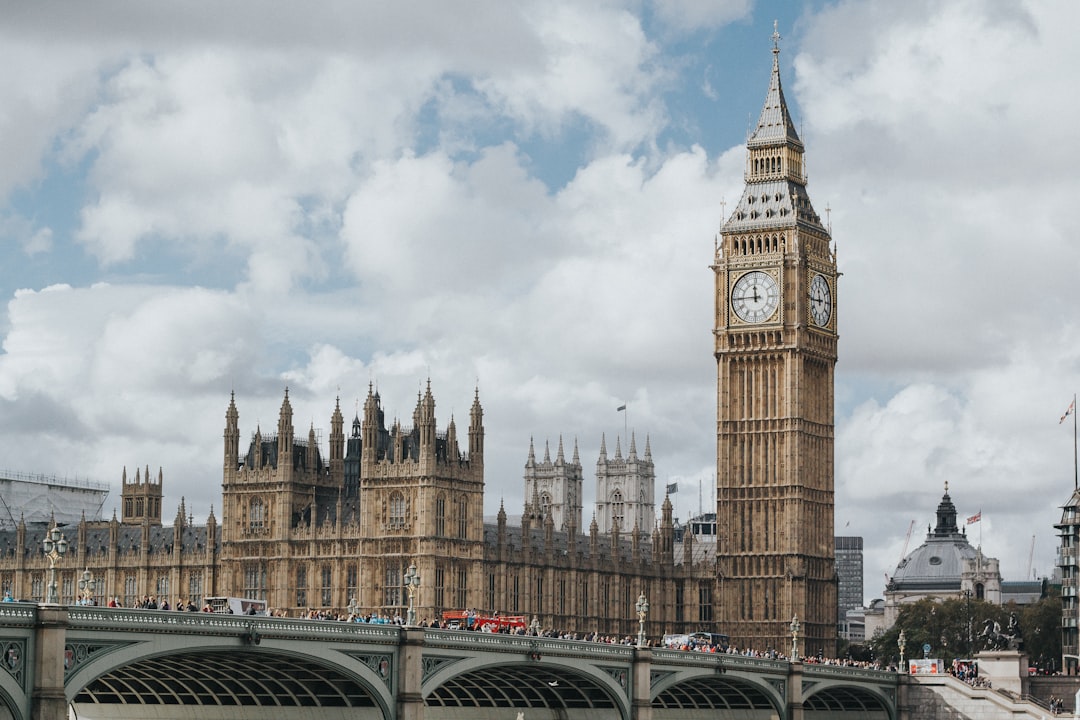What is it about?
A sense of purpose and coherent identity can help people imagine a desired future self (i.e., ideal self) that can energize them towards meaningful learning and change. It will also contribute to choices about jobs and careers. Theorizing about the ideal self began decades ago primarily in psychology as a contrast to discrepancies with the real self. It has had a place in management literature in recent years with regard to identity and role change. There was little detail in the ideal self concept which was often treated as a static construct. Adult development and career studies suggest that over time, key events, socialization, life and career eras, a person is likely to change their ideal self. By integrating management and psychology studies, we propose a dynamic theory of the ideal self and delineate how the components of the ideal self emerge over time. A dynamic theory will help scholars develop a temporal understanding of how the ideal self can motivate learning and change at different points throughout a person’s life and career/s. It can help in designing longitudinal research. It could even help practitioners tailor interventions based on a person’s life and career era.
Featured Image

Photo by Rene Böhmer on Unsplash
Read the Original
This page is a summary of: Dynamics of the ideal self, The Journal of Management Development, December 2021, Emerald,
DOI: 10.1108/jmd-09-2021-0247.
You can read the full text:
Contributors
The following have contributed to this page










